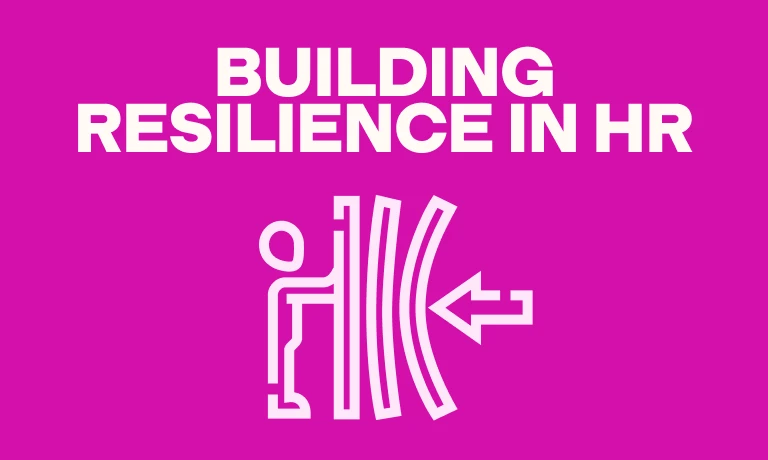The data on why employers are hiring people based on skills
At a time when great talent comes at a significant premium employers are realizing that they need tools to assess candidates’ skills more quickly and reliably.
Unfortunately, resumes are prone to bias, difficult to evaluate objectively, and often lead to inaccurate hiring decisions. That's why many organizations are now choosing to hire people based on their skills rather their education or experience.
By making the switch to skills-based hiring employers can drastically reduce their time and cost-to-hire, significantly improve their cost-to-hire, and ensure their recruitment process offers an equal chance to applicants from every background.
The outstanding outcomes has led organizations across the globe to integrate this approach into their hiring process. Data from our recent State of Skills-Based Hiring report shows that 73% of employers are now using some form of skills-based hiring.
Its benefits extend to employees as well. Those recruited through skills-based hiring are far more likely to gain access to so-called "dream opportunities" that are ideally suited to their passions and abilities. As a result, these individuals are happier, more effective, and stay longer in their roles.
Let's take a closer look at the numbers to examine the wide-reaching impact of skills-based hiring across workforces.
3 statistics that explain why employers are hiring people based on skills
1. Employers rate skills-based hiring ahead of resumes in several key categories
For years, employers have primarily relied on resumes to screen candidates, but in an increasingly complex job market where companies find it increasingly difficult to access top talent, the limitations of these hiring tools are increasingly apparent.
In our survey, 60.1% of respondents said that they struggle to find talent but 91.9% of these individuals said that skills-based hiring made it easier to identify talented candidates than resumes.
According to respondents, resumes also fell short when it came to predicting employees' on-job success and their longevity in the role. Of those surveyed, 89% said that skills-based hiring was better at forecasting how candidates would perform in a role while 82% admitted that skills-based hires stayed longer in their roles.
Another key problem that employers identified, was a difficulty in gauging the accuracy of resumes (51%), as a result respondents also found it hard to determine candidates' hard and soft skills using these tools.
In pointing out the benefits of skills-based hiring, survey respondents mentioned that adopting this approach helped them verify candidates' hard skills (11.8%), cognitive abilities (10.4%), and soft skills (10.8%).
2. Skills-based hiring improves all facets of recruitment
Organizations that adopted skills-based hiring saw real and sustained improvements across their recruitment process.
In terms of metrics:
88% of employers saw a reduction in mis-hires
74% of organizations saw a reduction in cost-to-hire
82% of organizations reduced their time-to-hire
These benefits are a clear consequence of switching to a more accurate, scalable, and data-driven method of recruitment.
By utilizing a combination of role-relevant skills tests to assess all aspects of a candidates' capabilities, employers get a much clearer picture of how these individuals will perform on the job. As a result, companies can identify the best fits for the job that much quicker.
Another aspect to consider here, is the scalability of skills-based hiring versus resume-based screening. According to our survey, hiring managers take an average of three minutes to review a single resume. Even if they're using ATS systems to filter down the initial number of applicants, that can still leave potentially hundreds of resumes to review in order to find a suitable hire.
By comparison, creating a standardized set of skills tests with a clear scoring rubric enables these hiring managers to evaluate hundreds of job applicants at a much quicker rate without the need to rely on gut intuition to drive selection decisions.
3. The workforce of the future will be built through skills-based hiring
In recent years, organizations have invested heavily in improving their workforce diversity. According to our report, 55.5% of employers have documented processes in place to uncover unconscious bias in their hiring process.
There are several factors driving this trend. First, organizations recognize that they need to widen their applicant pools and look beyond the usual candidates to solve talent shortages. Second, employers understand that diverse teams bring a wider range of skills, perspectives, and ideas to their teams. In turn, this makes teams more productive and innovative. Research from McKinsey shows that these benefits translate directly into improved financial performance.
Skills-based hiring helps unlock these advantages, 84% of the employers we surveyed said that adopting this approach helped them improve the diversity of their workforce.
It's a sentiment echoed by employees, 66% admitted that they have gained access to new employment opportunities through skills-based assessments. This figure rises to 73% when we look at responses from Asian and Arab employees and to 75% when we only look at the responses from Black employees
Infographic: Why employers are hiring people based on skills
To provide further context to these statistics and further illustrate the increasing dominance of skills-based hiring, we've put together the infographic below.
Want to dive deeper into the data on skills-based hiring? View the full report here.
The best insights on HR and recruitment, delivered to your inbox.
Biweekly updates. No spam. Unsubscribe any time.
Related posts
You've scrolled this far
Why not try TestGorilla for free, and see what happens when you put skills first.















